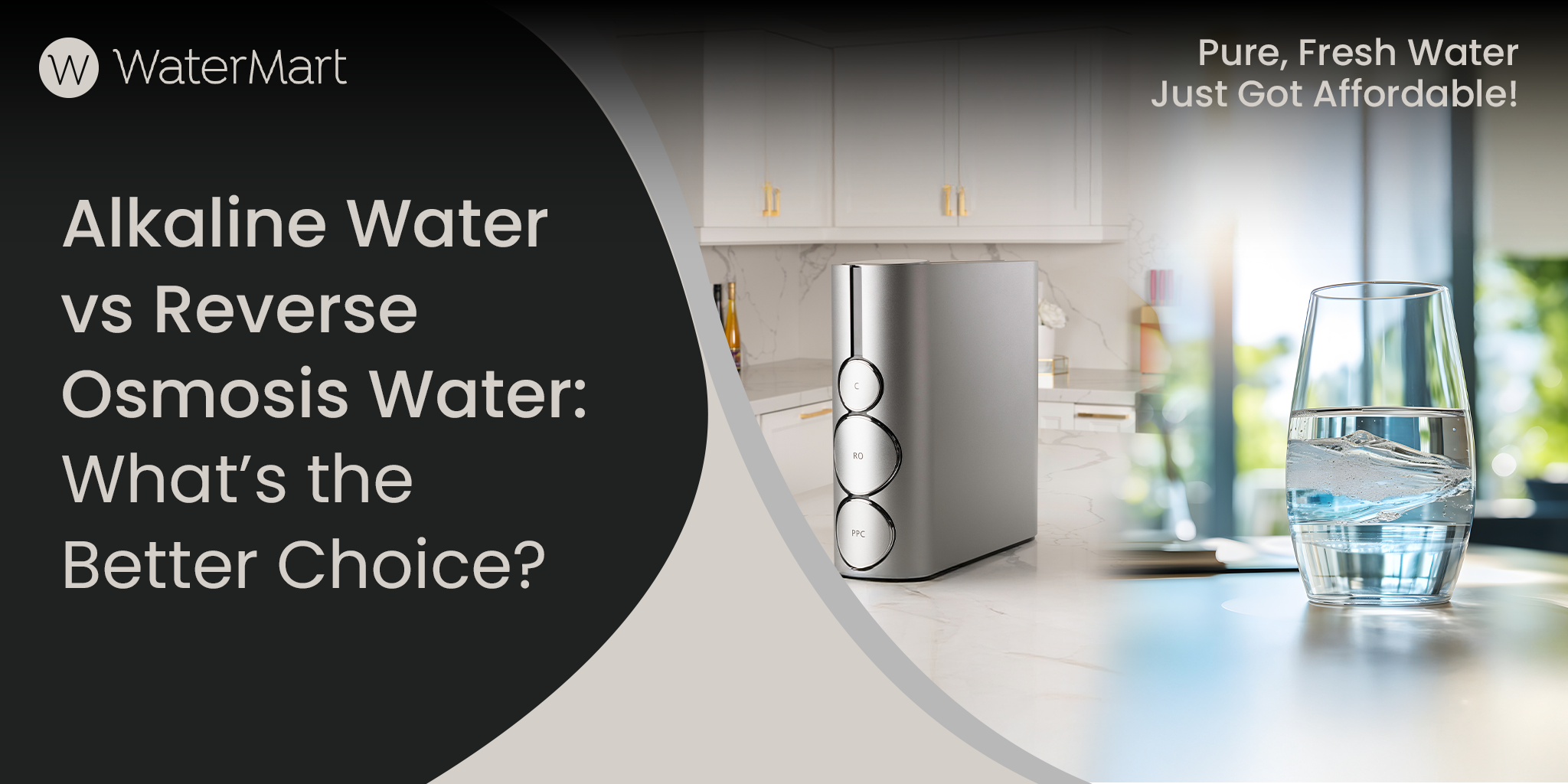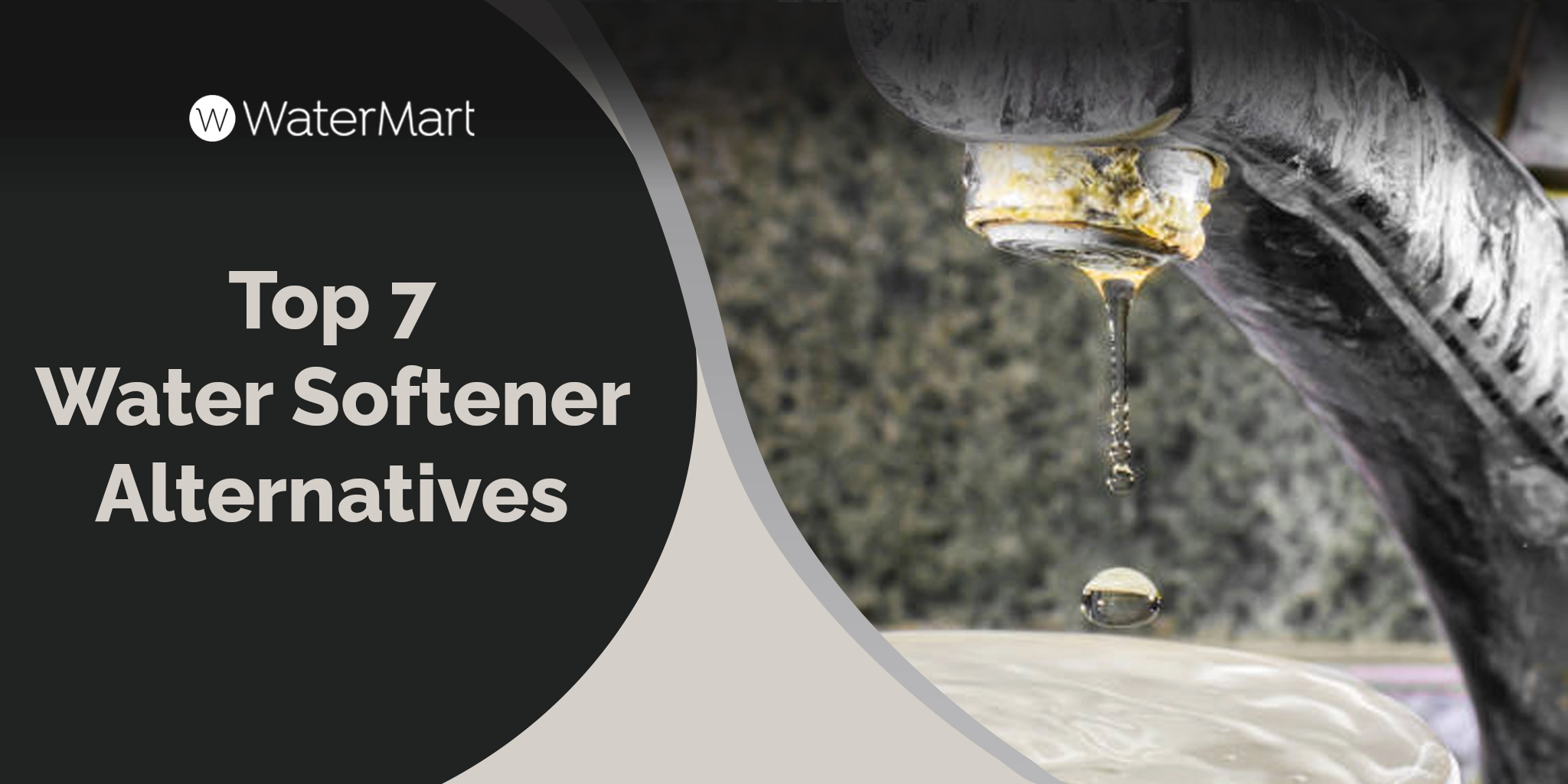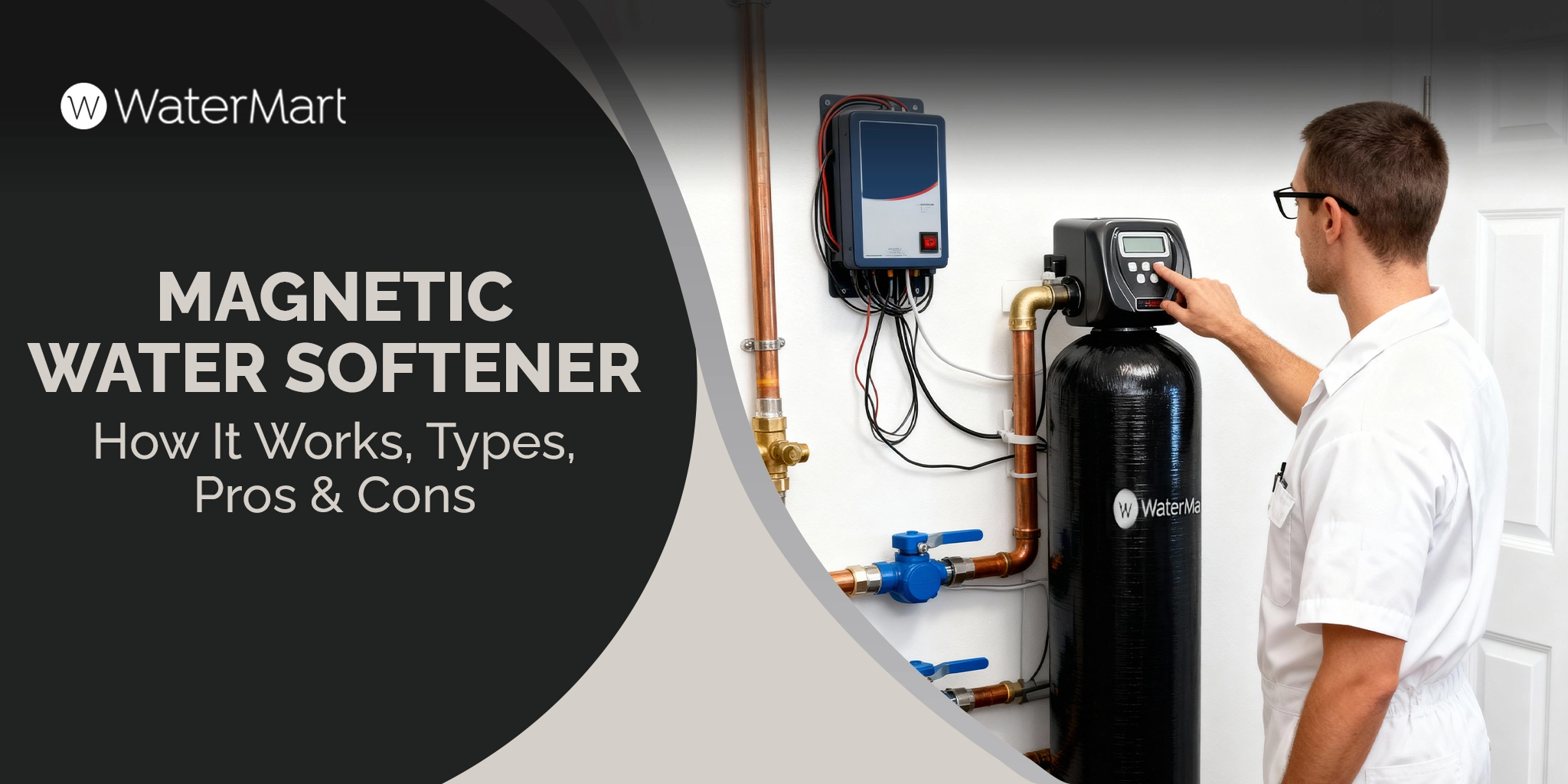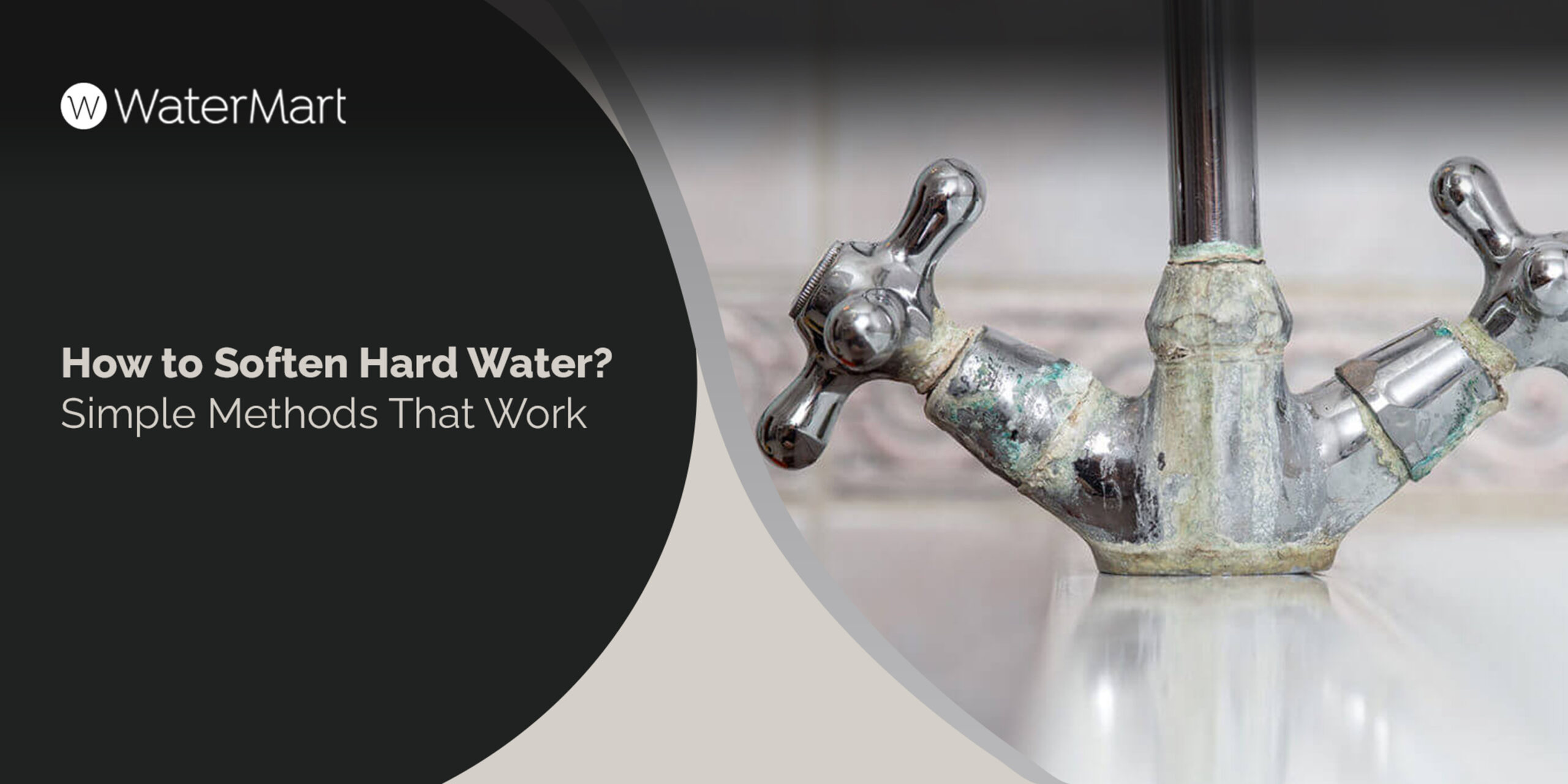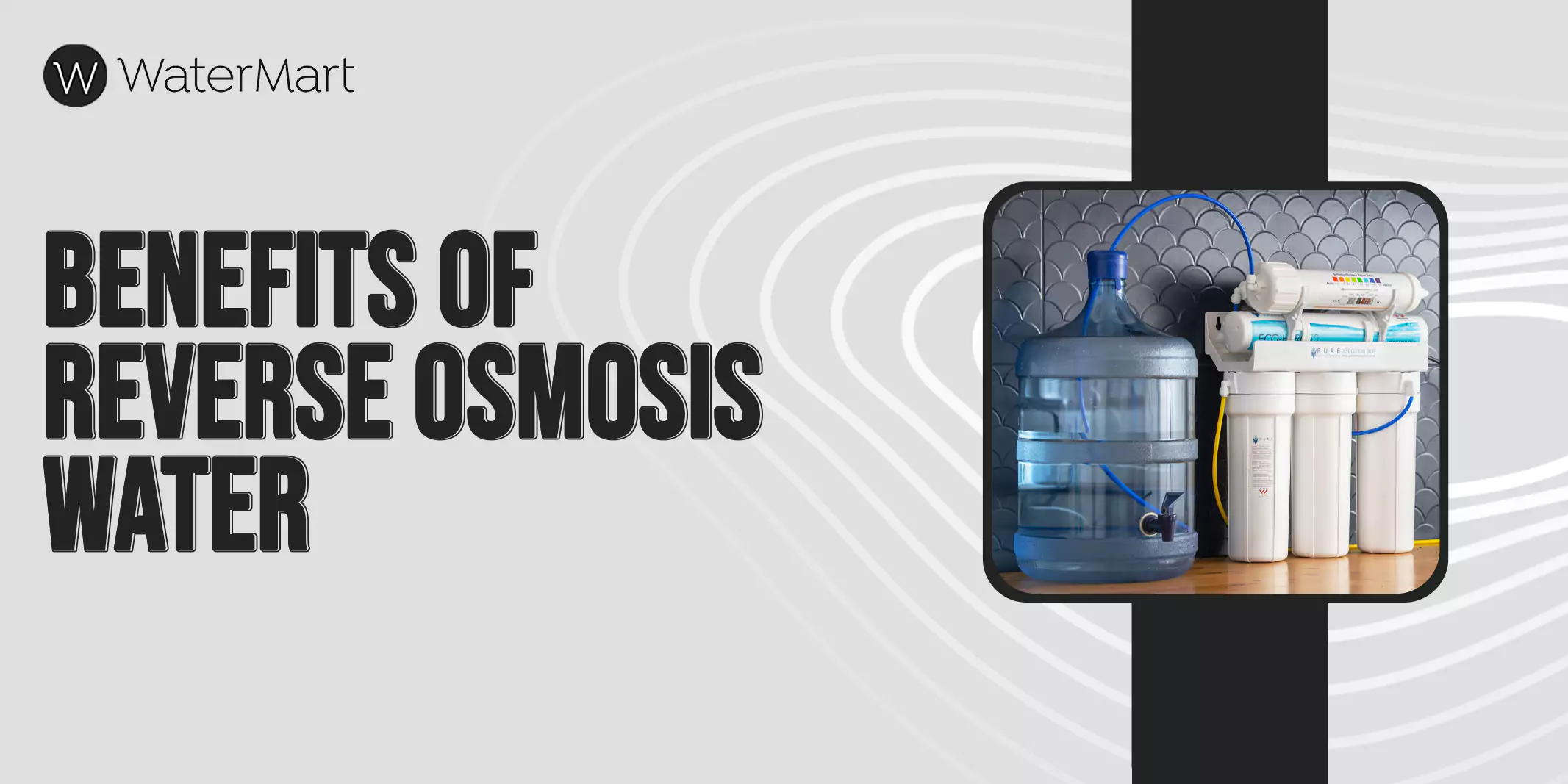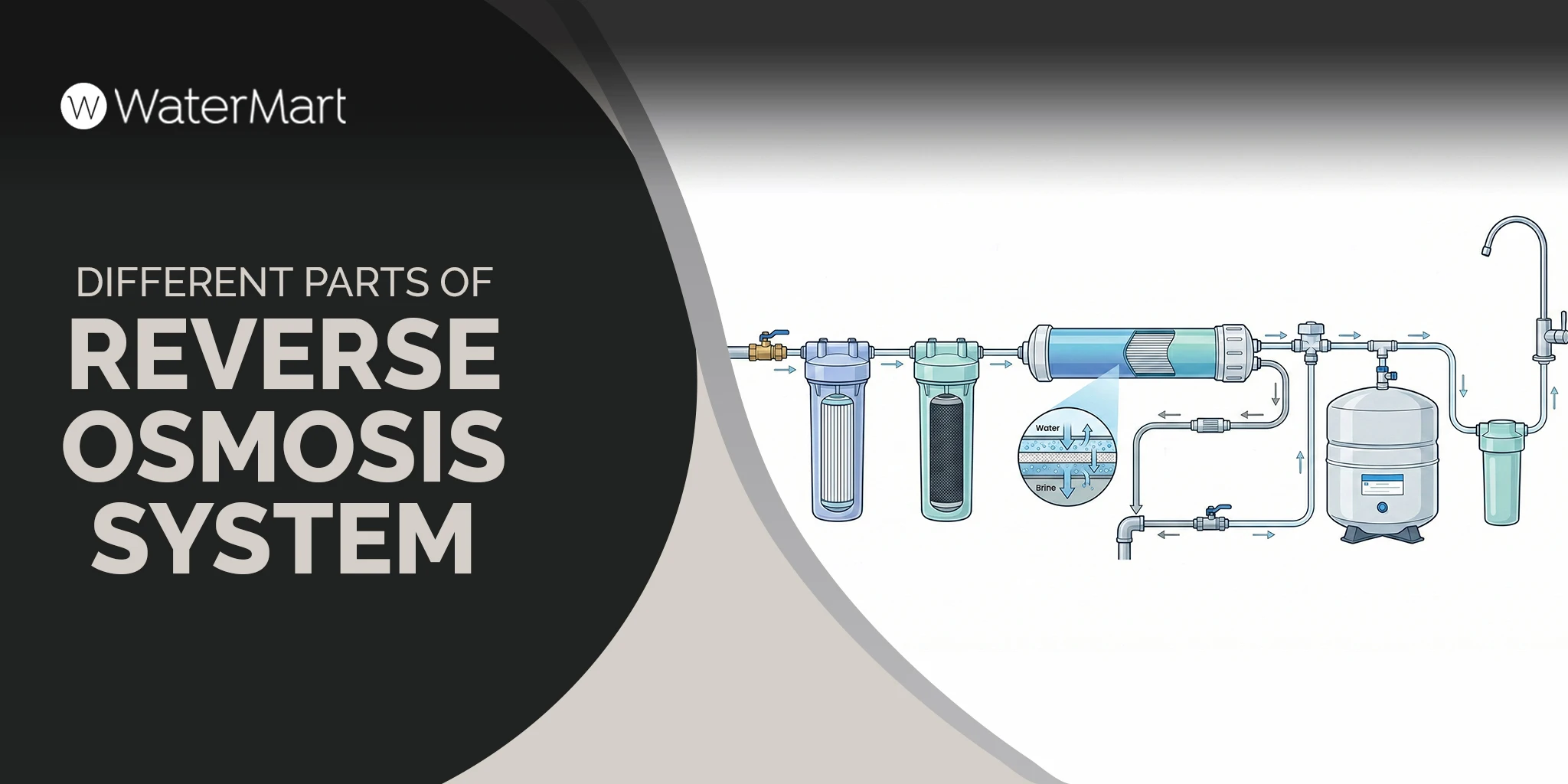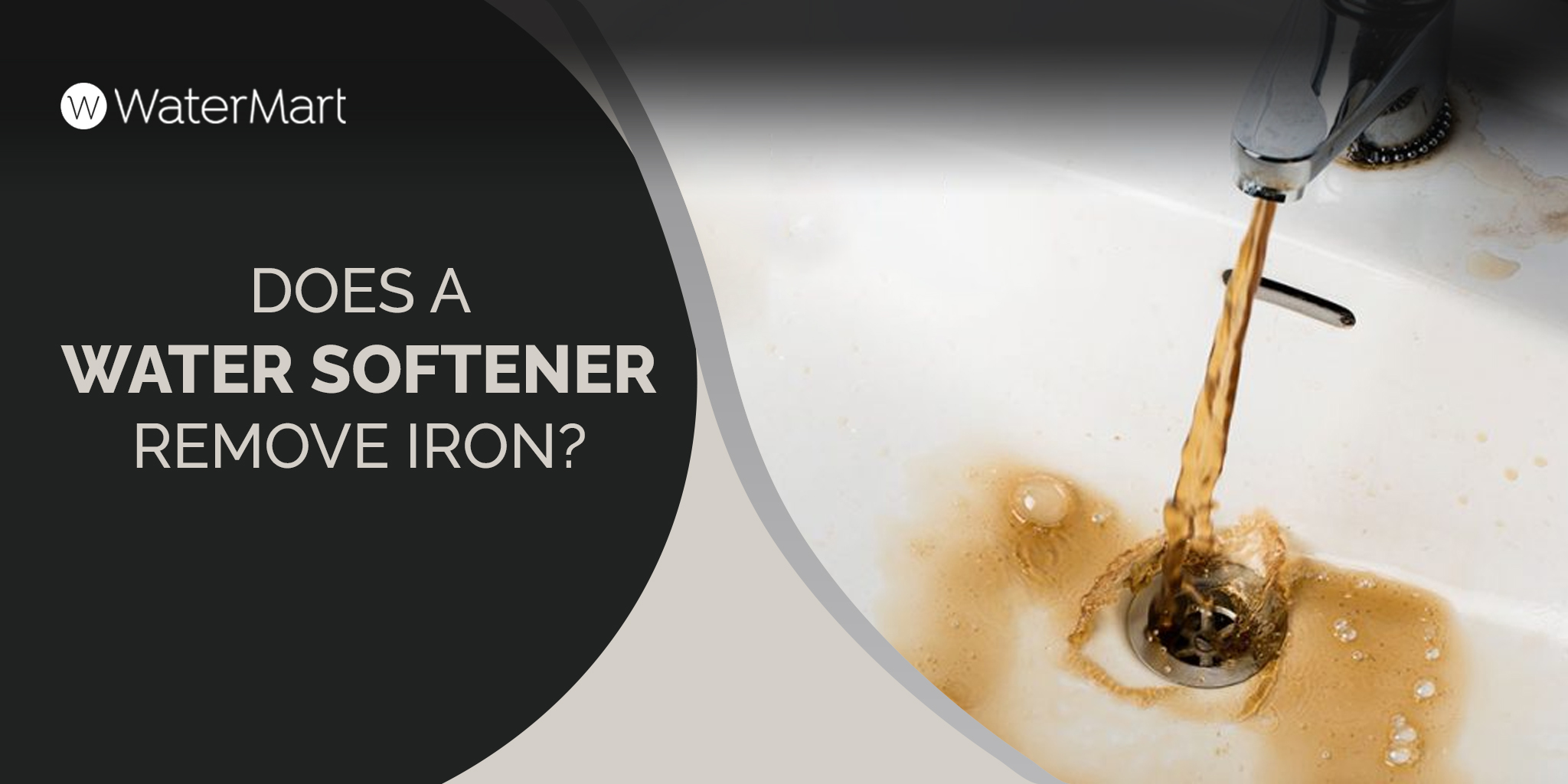Your cart is currently empty!
Alkaline Water Vs Reverse Osmosis Water: DIY Techniques, Benefits, Drawbacks & much more!
As more Canadians question what is in their tap water, the demand for smarter filtration systems is rising rapidly. A 2025 report found that 96% of Canadians consider water quality a priority, and 34% now use home filters.
That shift is driven by real concerns, like contaminants, PFAS regulations, and growing awareness of microbes in municipal water lines. Two of the most debated options today?
Alkaline water and reverse osmosis. Each offers benefits, but the right fit depends on what matters most: purity, minerals, or long-term value. A brief comparison of what you need to know about both waters before you pick one!
| Feature | Alkaline Water | Reverse Osmosis Water |
| pH Level | 8.0 and 9.0 | Acidic (6.0 to 6.5) |
| Mineral Content | Rich in calcium, magnesium, and salts | Stripped of minerals, ultra-filtered |
| Taste | Slightly sweet or mineral-like taste | Flat or flavorless |
| Filtration Process | Simple filters or ionization | Uses a semipermeable membrane to remove chemicals, bacteria, and viruses |
| Health Risks | Not suitable for people with kidney disease | Can lead to mineral deficiencies |
| Cost | Low upfront, costly long-term | High upfront, better long-term value |
| Sustainability | More environmentally friendly | Generates wastewater, so not a sustainable pick |
What is Alkaline Water?
Alkaline water is drinkable water that has a pH higher than regular tap water. The pH scale runs from 0 to 14 and measures how acidic or alkaline a substance is. The pH of regular water sits close to 7 (neutral), whereas alkaline water is between 8 and 9.
The reason for the high pH is that it contains more base-forming minerals like calcium and magnesium. All of these are found naturally in mountain water but can be added to tap water using filters or machines. Alkaline water is less acidic and more appealing for people looking to offset dietary acidity or improve taste.
How to Make Alkaline Water?
Anyone can make alkaline water at home, like one jug, or have alkaline water come out of taps with commercial filtration methods.
We’ll cover two main approaches first: at-home DIY methods, and then commercial-grade devices. Each method varies in cost, effort, and how effectively it removes or keeps contaminants.
Home Methods
These DIY techniques are inexpensive and easy to try, though they won’t remove microbes or heavy metals from your tap water. They focus only on increasing the water’s alkalinity.
- Adding Baking Soda: Take a glass of water (8 ounces) and add ⅛ teaspoon of baking soda (sodium bicarbonate), and that’s it! This method boosts alkalinity quickly, but it also adds salt.
- Using Lemon and Cucumber: Take a jug of water and add a few lemon slices and cucumber. Let them stay in the jug for 2-3 hours so they start releasing an alkalizing effect within the water. After a few hours, you’ll have a naturally alkaline drink that’s refreshing and mildly alkaline. This method is for taste only, not for filtration.
- Alkaline Water Drops: Commercial alkaline booster drops are another option. Buy “Alkaline water drops” that contain concentrated alkaline minerals and are added drop by drop to your drinking water. They’re portable and allow you to adjust the pH on the go.
Filtration Devices
At-home methods do not offer filtration, so if you’re concerned about PFAS, heavy metals, or microbial risks, alkaline filtration systems are more reliable. These systems both purify and alkalize the water.
- Alkaline Water Pitchers
These are affordable and easy to use, though the pH increase is moderate (around 8-9). These pitchers come with multi-stage filters that use activated carbon to remove chlorine, VOCs, and some heavy metals. After basic purification, a mineral cartridge adds calcium and magnesium to raise the pH.
- Ionizer Machines
The ionization process also works for alkalization, but it doesn’t always filter out all contaminants. So, pairing with a pre-filter is recommended. Let a professional connect water ionizers to your tap, and the machine will use electrolysis to separate acidic and alkaline ions. It then dispenses alkaline water while discarding the acidic portion. This method not only raises the pH but can be customized based on your preference.
- Reverse Osmosis Systems with Remineralization Filters
Standard RO systems strip water of almost everything, including healthy minerals. However, models with remineralization stages add back essential elements like calcium and magnesium.
So, pairing RO systems with remineralization filters brings back taste and alkalinity. At WaterMart, we have different RO system series that can deliver mineral-rich alkaline water while eliminating over 99% of known contaminants.
Benefits of Alkaline Water
On TikTok and across social media, everyone’s adding cucumbers, lemon slices, and calling it their “alkaline hydration”, and while that might seem like a trend, there’s some practical science behind it. Here’s a breakdown of its most research-backed benefits:
- pH Balance & Acidity Control: While your lungs, kidneys, and pancreas naturally manage your body’s pH, adding alkaline water to your routine offers added support.
- Improved Detoxification: Drinking alkaline water helps flush excess acids and waste through the kidneys. It is great for people dealing with high-acid diets or chronic acid reflux
- Boosts Energy & Vitality: Alkaline water improves mineral absorption, so it indirectly helps reduce fatigue that shows up due to dehydration.
- Promotes Better Hydration: One comparative study found that alkaline water slightly improved blood flow and hydration after exercise-induced dehydration.
- Health Improvement: Drinking water with added calcium, magnesium, and potassium salts supports blood pressure, bone density, and nerve function.
- Antioxidant Properties: Freshly ionized alkaline water can reduce cell stress by fighting free radicals with dissolved hydrogen.
- Aids Digestion & Reduces Heartburn: Water with a pH around 8.8 has shown potential to deactivate pepsin (an enzyme linked to reflux and heartburn).
Why Alkaline Can Be Bad For You?
Alkaline water has various benefits, but there are some drawbacks in the long run. Here’s why it isn’t always the best choice:
- Limited Scientific Evidence: There are not that many claims about alkaline water’s health benefits, and most lack robust scientific backing.
- Disrupts Stomach Acidity: Your stomach acid is already doing what Alkaline water is advertised to do, so it can neutralize it and cause digestion issues.
- Unsuitable for Kidney Conditions: People with reduced kidney function won’t be able to process excess minerals or salts properly. It can end up increasing the risk of imbalance or overload.
- Higher Cost: Alkaline water systems and bottled alkaline solutions are more expensive than regular water or reverse osmosis water.
- Inadequate Filtration: Alkaline water does not mean “filtered” water, so it poses a health risk due to contaminants.
- Overuse Can Lead to Alkalosis: Excessive use of alkaline water can cause a rare but dangerous condition called Alkalosis.
Can We Use Alkaline Water For Daily Chores?
Alkaline water is mostly used for drinking, but some people wonder if it works for everyday cleaning. Because of its higher pH, it breaks down grease and light dirt better than regular tap water. It’s generally safe on counters and hard surfaces, but on glass, mirrors, or anything glossy, it may leave streaks or a film.
That said, alkaline water isn’t a replacement for proper household cleaners. It might help with light wipe-downs or food prep surfaces, but it won’t cut through heavy grime, soap scum, or bacteria the way dedicated cleaners do. Use it if you already have it, but don’t rely on it for serious cleaning jobs. Stick to real cleaning agents or RO water for better sanitization and efficiency.
What is Reverse Osmosis Water?
Reverse osmosis (RO) is a filtration method that uses a semipermeable membrane to remove up to 99% of contaminants. It removes viruses, bacteria, protozoa, arsenic, sulfates, nitrates, and chlorine, down to 0.0001 microns. An RO system typically includes multiple stages:
- Sediment filter
- Carbon filter to remove disinfectants and chlorine
- RO membrane to remove molecules, salts, and chemicals
- An optional remineralization stage to adjust pH
The pH of reverse osmosis water without remineralization is slightly acidic (5-6). We’ve written a full article explaining the RO process, its pros, cons, and comparisons.
Is Alkaline Water Better Than Reverse Osmosis?
Alkaline water is tastier than reverse osmosis water, but it’s not “better” when it comes to cleanliness. RO water is ideal for cooking, drinking, and protecting appliances. Only RO systems can take out chlorine, lead, PFAS, bacteria, and heavy metals from the water with unmatched efficiency. But
But as much as RO is practical for everyday use, if you’re focused on adding minerals like magnesium or calcium, then alkaline water is better. Alkaline water is more about health trends and taste, but it doesn’t replace proper filtration. We recommend RO for daily use, and if you want minerals, add a remineralization stage or a combo system.
Is Reverse Osmosis Water The Same As Alkaline Water?
No, and the difference isn’t minor. Many people ask, “Is RO water alkaline or acidic?” or want to know the “pH of reverse osmosis water”, so let’s clear that up.
Reverse osmosis water is acidic. Why? Because the system removes almost everything, including minerals that normally buffer pH. RO systems are designed for purification, not for mineral enhancement. The result is demineralized water that may taste flat and measure a pH around 5.5-6.5 unless remineralized.
Alkaline water is the opposite. It doesn’t filter as aggressively but adds minerals like calcium, potassium, and magnesium to raise the pH. That mineral content is what gives it the “alkaline” label, and often the better taste.
So no, they’re not the same. RO focuses on purity, and alkaline focuses on pH and mineral content.
Final Verdict! Which Is Better: Alkaline Or Reverse Osmosis?
There’s no better option between the two; it’s more about what works best for your water and your priorities. Want the cleanest and most contaminant-free water possible? Go for the RO system. But if you’re looking for mineral-rich water with a higher pH and better taste, then alkaline water systems are worth considering. Here’s what we ask our clients before deciding which system to install:
- Do you need contaminant-free water or mineral-rich hydration?
- Are you more concerned about taste, pH balance, or purity?
- How much time and money are you ready to invest in maintenance?
Then, we help install the best water filtration system based on that consultation. At WaterMart, we guide Canadians through real solutions. If you need safe drinking water and want to know what system fits best, our experts are here to help you choose smart.
Free Water Assessment from WaterMart!
Only decide after knowing what’s really in your tap water. WaterMart toronto offers a free water test to help you make an informed decision, based on facts and actual contaminants within your water. We’ll identify the actual microbes in your home’s water and recommend a system that fits your budget, goals, and quality standards, whether that’s reverse osmosis, an alkaline filter, or a combined setup.
Schedule your free assessment today and find out what your household needs.
